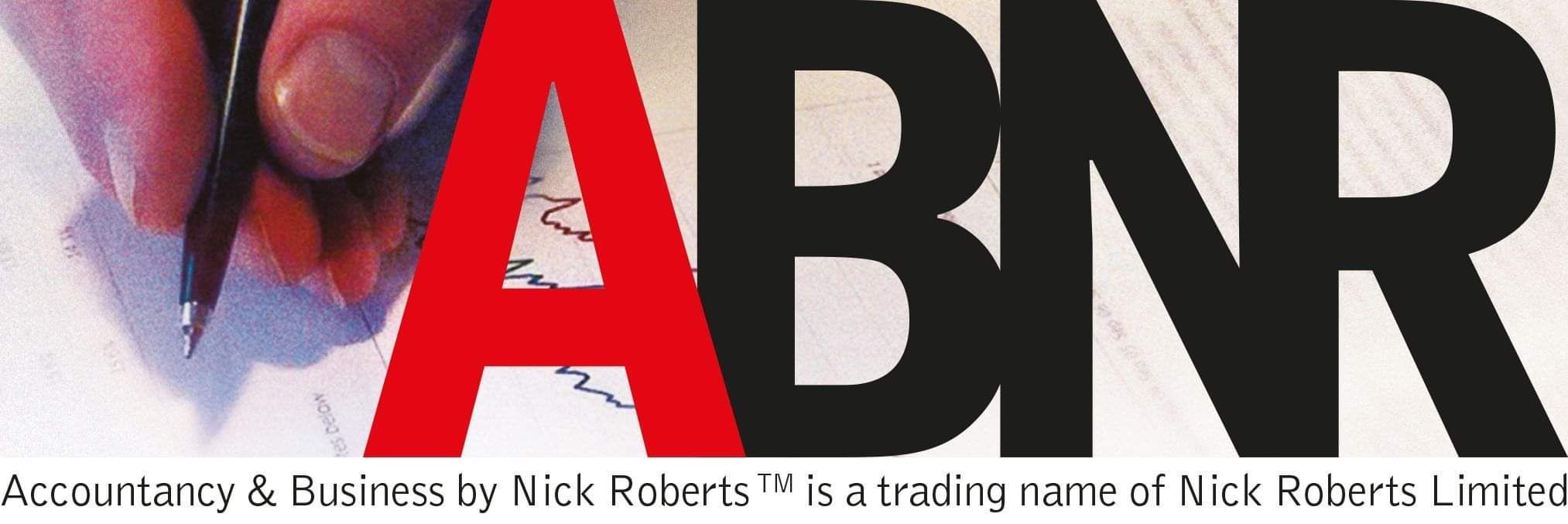When anyone is buying into an existing company, or setting up a new company with colleagues, friends or even family, it is essential to document how the relationship is going to work and set ground rules for what happens in the unfortunate event of a dispute.
When a business relationship is new and exciting, no one wants to think about the bad things that may or may not happen in the future, but ideally the time to prepare a shareholders agreement is before any shares are purchased or issued. Not only will the process of developing an agreement make sure everyone is clear about what happens if the relationship breaks down, it also forces both parties to consider and answer some very important questions about how the company will operate and what is expected of shareholders.
Items that a typical shareholders agreement will include are:
- The process to be followed if one shareholder wants to sell their shares, and how they are to be valued.
- What happens if a shareholder who is employed by the company stops working for the company for any reason.
- Details of what hours the shareholders are expected to work and what duties they are expected to perform.
- How Directors are appointed, how decisions will be made and what meetings will be held.
- How the company will be funded and the obligations that shareholders have to provide funding to the company.
- What authority shareholders have to make decisions, enter contracts or spend company money.
A shareholders agreement is never going to cover everything and often we see relatively minor things causing tension amongst shareholders. A simple discussion and open communication, often facilitated by someone independent, such as an accountant or lawyer, can usually sort things out.
Recently we assisted with a small dispute around the level of entertainment expenditure that one shareholder was putting on the company credit card. The other shareholders felt the expenses were excessive and not necessarily business related. We were asked to provide an informal independent assessment of the situation, which then led into a wider discussion uncovering some further issues within the relationship. The outcome was that everyone got the opportunity to talk about what was bothering them and then some simple systems and procedures were put in place that everyone agreed to follow. Problem solved. Left to fester, small issues can quickly sour a relationship, so it is important to deal with them in a timely and open manner.
Actually preparing a shareholders agreement can be quite an involved process and we regularly see a lot of time and effort put into preparing an agreement only for the final document never to be signed. Regardless of how robust an agreement is, in legal terms, unless the document has been properly signed and executed, it is not worth the paper it has been written on.
Any company operating without a shareholders agreement should take the opportunity now to put one in place. If an agreement already exists, we encourage shareholders to firstly check that it has been properly signed and executed and secondly to review it regularly to make sure that it is still relevant and appropriate.


